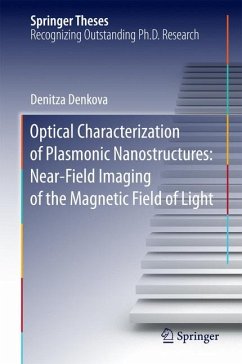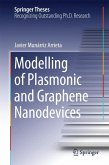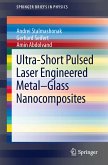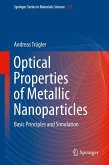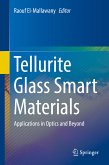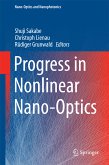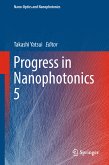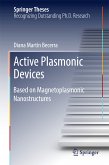This thesis focuses on a means of obtaining, for the first time, full electromagnetic imaging of photonic nanostructures. The author also develops a unique practical simulation framework which is used to confirm the results.
The development of innovative photonic devices and metamaterials with tailor-made functionalities depends critically on our capability to characterize them and understand the underlying light-matter interactions. Thus, imaging all components of the electromagnetic light field at nanoscale resolution is of paramount importance in this area. This challenge is answered by demonstrating experimentally that a hollow-pyramid aperture probe SNOM can directly image the horizontal magnetic field of light in simple plasmonic antennas - rod, disk and ring. These results are confirmed by numerical simulations, showing that the probe can be approximated, to first order, by a magnetic point-dipole source. This approximation substantially reduces the simulation time andcomplexity and facilitates the otherwise controversial interpretation of near-field images. The validated technique is used to study complex plasmonic antennas and to explore new opportunities for their engineering and characterization.
The development of innovative photonic devices and metamaterials with tailor-made functionalities depends critically on our capability to characterize them and understand the underlying light-matter interactions. Thus, imaging all components of the electromagnetic light field at nanoscale resolution is of paramount importance in this area. This challenge is answered by demonstrating experimentally that a hollow-pyramid aperture probe SNOM can directly image the horizontal magnetic field of light in simple plasmonic antennas - rod, disk and ring. These results are confirmed by numerical simulations, showing that the probe can be approximated, to first order, by a magnetic point-dipole source. This approximation substantially reduces the simulation time andcomplexity and facilitates the otherwise controversial interpretation of near-field images. The validated technique is used to study complex plasmonic antennas and to explore new opportunities for their engineering and characterization.
Dieser Download kann aus rechtlichen Gründen nur mit Rechnungsadresse in A, B, BG, CY, CZ, D, DK, EW, E, FIN, F, GR, HR, H, IRL, I, LT, L, LR, M, NL, PL, P, R, S, SLO, SK ausgeliefert werden.
Es gelten unsere Allgemeinen Geschäftsbedingungen: www.buecher.de/agb
Impressum
www.buecher.de ist ein Internetauftritt der buecher.de internetstores GmbH
Geschäftsführung: Monica Sawhney | Roland Kölbl | Günter Hilger
Sitz der Gesellschaft: Batheyer Straße 115 - 117, 58099 Hagen
Postanschrift: Bürgermeister-Wegele-Str. 12, 86167 Augsburg
Amtsgericht Hagen HRB 13257
Steuernummer: 321/5800/1497
USt-IdNr: DE450055826
Bitte wählen Sie Ihr Anliegen aus.
Rechnungen
Retourenschein anfordern
Bestellstatus
Storno

